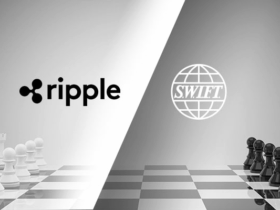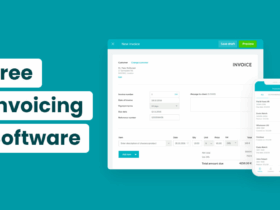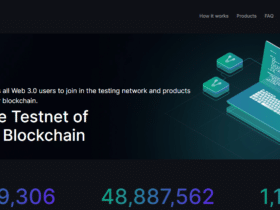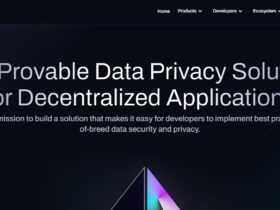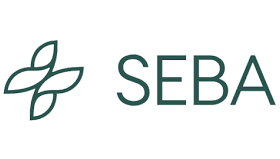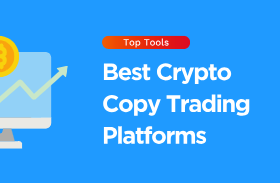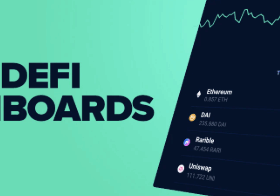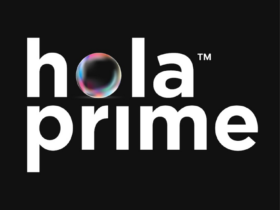In this write-up, I would like to talk about the Tellor Oracle Protocol by looking at its basic parts, features and importance in decentralized finance (DeFi).
This protocol is considered an essential infrastructure within blockchain systems, which helps supply trustworthy peer-to-peer data streams for smart contracts.
We can understand how it guarantees that off-chain information used by different DeFi apps remains correct and unaltered if we explore its ways of collecting, combining, and authenticating data. Our goal here is not only to comprehend what the teller does but also to reveal why it is vital for trustlessness in decentralized systems.
What Is The Tellor Oracle Protocol?
Tellor Oracle Protocol is a decentralized oracle system residing on the Ethereum blockchain. It aims mainly at giving dependable and quality data streams to smart contracts so that they can make informed decisions and perform actions anchored on actual happenings.
In contrast with centralized oracles that create opportunities for single-point failures or interference in such systems, Tellor involves many miners in its operations.
The main role of these miners is fetching and validating information through a decentralized network, which guarantees the preciseness and trustworthiness of the obtained data.
How Does It Work?
The mining system of the Tellor Oracle Protocol rewards its participants for sharing truthful information with the network. “Tributors” or miners supply data points that correspond to certain data requests made by smart contracts. Normally, these requests ask for information from external sources such as price feeds, weather data, sports scores, etc.
To become part of this process, tributors are required to commit a given amount of TRB — Tellor’s native currency — as insurance. The stake serves as a safeguard so that no one can submit false or misleading data without being penalized.
Once a request for data is created, tributors compete to solve a Proof-of-Work (PoW) challenge, which is a cryptographic puzzle. Whichever tributor solves it first gets the right to submit the asked-for data point into the Teller Oracle smart contract.
Afterwards, submitted records go through validation where they are matched against other submissions until consensus is reached. If most submissions agree on whether or not the information provided was valid
Then, it is approved and included in Tellor Oracle’s data feed. Conversely, if there is any disparity or conflict among submissions regarding a particular datum, such item shall be disregarded, and rewards will not be shared at all.
What Is The Future Outlook for The Tellor Oracle Protocol?
During the progression of the DeFi system, the Tellor Oracle Protocol continues to be a key element for trust and reliability. To guarantee accuracy and data integrity, this decentralized method heavily relies on miners’ networks.
In order to meet the growing requirements of decentralized finance, Tellor has a flexible structure that supports all sorts of information.
This platform is among the leaders in groundbreaking ideas; therefore, it will keep improving transparency while building confidence within DeFi’s changing environment.
Key Features and Benefits
Decentralization: Tellor mitigates the risks associated with centralized oracles, such as censorship and data manipulation through a network of independent miners.
Transparency: The process of retrieving, validating, and submitting data is made transparent by being recorded on the Ethereum blockchain, which ensures that there is trust in the system.
Incentive Mechanism: The design of incentives within this protocol rewards good behavior among participants while at the same time punishing bad ones so as to keep its data feed integrity intact.
Security: Various types of attacks, including Sybil attacks, can be prevented by using cryptographic puzzles together with staking mechanisms like those employed by Teller. This also guards against tampering with information.
Flexibility: For different industries and use cases across diverse DeFi applications, Tellor supports many kinds of data sources as well as types.
Conclusion
In the field of decentralized finance, finding a reliable data oracle is crucial. What makes Tellor Oracle Protocol different from others is its ability to provide dependable feeds that contain valid information for smart contracts.
It does this through the use of miners who work on a decentralized network, cryptographic proofs, and economic incentives, which help confirm off-chain details’ trustworthiness and boost security in DeFi applications.
As DeFi continues changing rapidly over time, services such as these become necessary if we want innovation within financial systems that are transparent while still being trustworthy, too!





